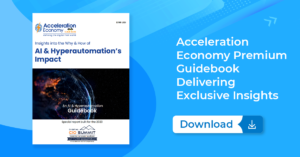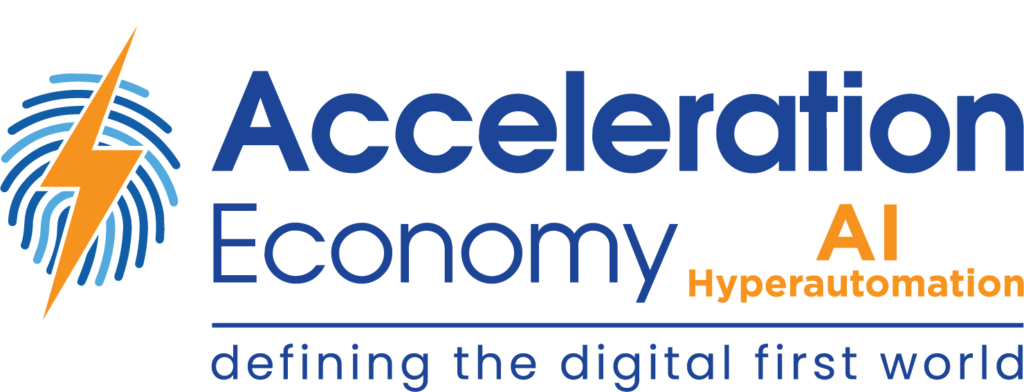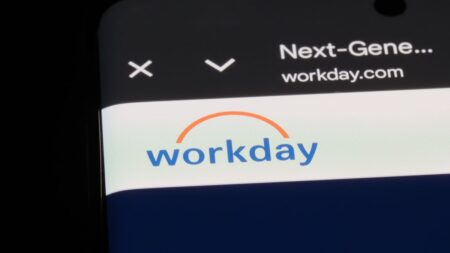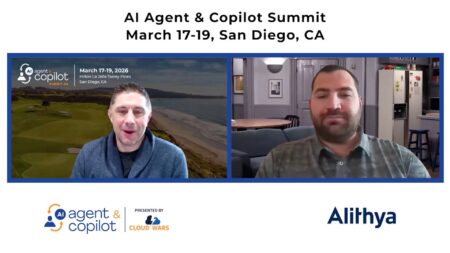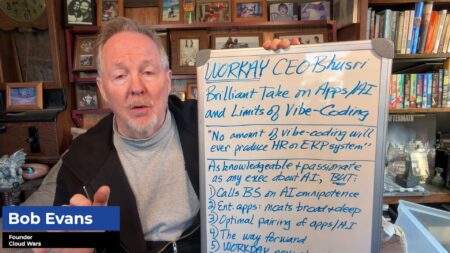In episode 97 of the AI/Hyperautomation Minute, Toni Witt explains how Large language Models (LLMs) will transform the tax filing process, especially for advisors, lawyers, and consultants.
This episode is sponsored by Acceleration Economy’s Digital CIO Summit, taking place April 4-6. Register for the free event here. Tune in to the event to hear from CIO practitioners discuss their modernization and growth strategies.
Highlights
00:28 — LLMs such as GPT-4 are changing the game for advisors, consultants, and lawyers, including tax lawyers and financial advisors.
00:48 — Toni shares how he used ChatGPT when filing taxes to aid him in the filing process. “I can actually mold answers around my very unique, specific circumstances — that’s something that Google can’t do,” he explains.
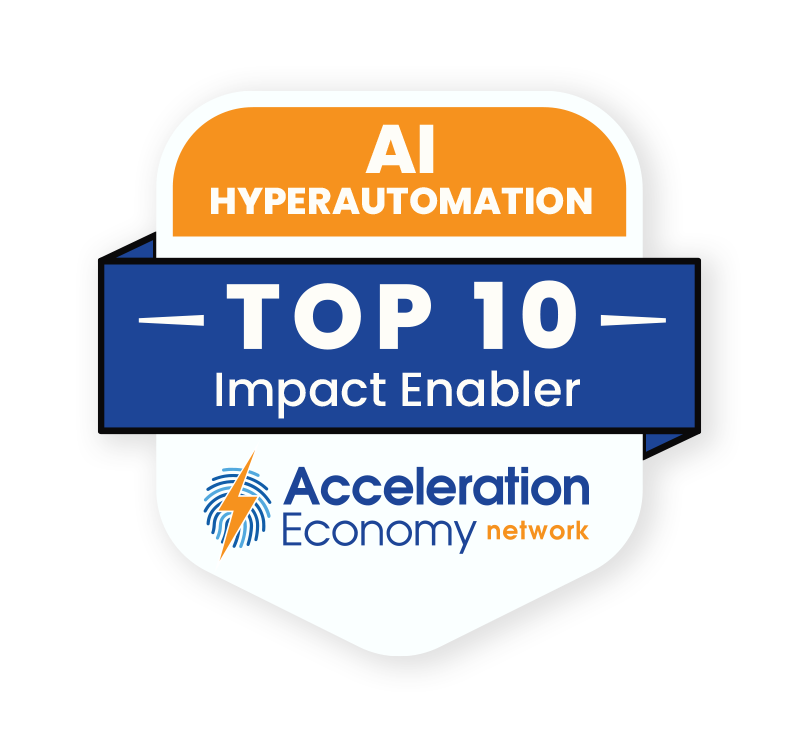
Which companies are the most important vendors in AI and hyperautomation? Check out the Acceleration Economy AI/Hyperautomation Top 10 Shortlist.
01:55 — After inputting his information, ChatGPT produced hyper-personalized responses. While Google cannot do that, Toni also notes that he still used Google to fact-check certain outputs and figures to ensure they were accurate.
02:34 — “I think this is a unique difference between AI-powered Bing and something like ChatGPT because Bing can really pull information from real sources, which are human-generated sources, as well as AI or augmented sources,” Toni says. He considers this combination to be “extremely powerful,” as it’s the best way to ensure “you’re not making huge mistakes with your taxes.”
02:57 — This is why LLMs are going to change the game for consultants, advisors, and lawyers — particularly with taxes. These tools can take in more data than humans can write.
03:15 — The problem with adding complexity to regulations — even though it increases the quality of regulation — “will add so much paperwork and bureaucracy that it becomes unbearable” for some people to manage. Tools like GPT-4 help people better understand these regulations.
03:45 — These AI tools are enabling better regulations and more personalized laws, Toni suggests. He also highlights that this could reduce legal fees and make accounting support more accessible.
Looking for real-world insights into artificial intelligence and hyperautomation? Subscribe to the AI and Hyperautomation channel:




